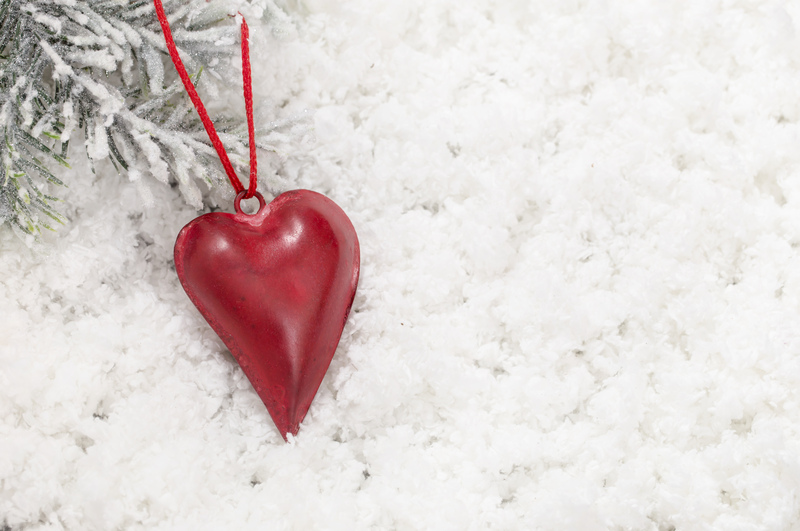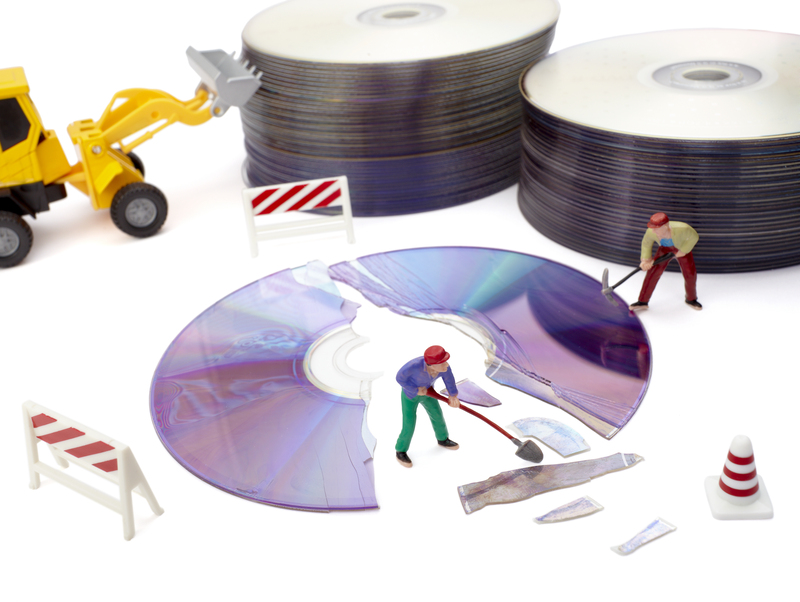Finding Local Programs for Pots and Pans Disposal: A Comprehensive Guide
If your kitchen cabinets are overflowing with old, scratched, or damaged cookware, you might be wondering about pots and pans disposal. Don't just throw them in the trash! There are eco-friendly and convenient ways to get rid of old cookware while protecting the environment. In this comprehensive article, we'll explore how to find local programs for pots and pans disposal, including recycling, donation, and sustainable solutions for your unwanted kitchenware.

Why Properly Dispose of Pots and Pans?
Before diving into how to dispose of pots and pans locally, let's explore why it matters:
- Environmental Impact: Many cookware items are made with metals and chemicals that can harm the environment when sent to landfills.
- Resource Recovery: Recycling metal cookware helps reclaim valuable resources.
- Reuse Benefits: Gently-used pots and pans can be beneficial to others in need if donated.
1. Understanding What Can Be Disposed of Locally
Different types of cookware require different disposal methods. Recognize the type and condition of your items before looking for local programs for pots and pans disposal:
- Aluminum and Stainless Steel: Easy to recycle and often accepted by scrap yards.
- Nonstick Cookware: Teflon or similar coatings need special handling.
- Ceramic and Glass: These may need to go through specialized recycling or reuse programs.
- Copper and Cast Iron: High value for scrap metal dealers or vintage stores.
2. Find Recycling Programs for Pots and Pans in Your Area
Many municipalities offer curbside recycling programs or drop-off recycling centers. To determine local recycling options, start with:
- Municipal Waste Management Websites: Search your city or county's official website for recycling guidelines and acceptability of metal cookware.
- Recycling Search Tools: Use tools like Earth911's Recycling Locator by entering your ZIP code and "cookware" or "metal pots."
- Annual Household Hazardous Waste Events: Some communities hold special events to collect hard-to-recycle items, including pots and pans with nonstick coatings.
3. Scrap Metal Yards: An Effective Solution for Metal Cookware
For aluminum, copper, or stainless steel pots and pans, local scrap metal recyclers are a reliable choice. Here's how to find them:
- Search "Scrap Metal Recycling Near Me" online and check reviews for reputable businesses.
- Call Ahead: Ask if they accept the type of cookware you have (some may not take nonstick items).
- Clean and Prepare: Wash off food residue and remove non-metal parts to increase acceptance rates.
4. Donation Centers and Thrift Stores: Give Pots and Pans a Second Life
If your old cookware is still usable, consider donating pots and pans locally. Many families or nonprofit organizations would appreciate gently-used items:
- Local Goodwill or Salvation Army: Accept a variety of household items, including cookware.
- Homeless Shelters and Food Pantries: Many facilities accept donations for their kitchen operations.
- Community Centers: Contact nearby community centers or churches to ask about cookware donation programs.
- Online Giveaways: Post on Facebook Marketplace, Craigslist, or Freecycle to let others pick up your usable pots and pans.
5. Retailer Take-Back and Trade-In Programs
Some retailers offer take-back programs for old pots and pans when you buy new ones. Popular stores like Bed Bath & Beyond, Sur La Table, and Williams Sonoma occasionally run recycling events or incentives. Here's how to take advantage:
- Check Store Policies: Visit store websites or call customer service for current programs.
- Look for Manufacturer Programs: Some cookware brands offer mail-back recycling or trade-in discounts (e.g., Calphalon, GreenPan).
- Retailer Events: Seasonal trade-in events often provide coupons or discounts on new purchases.
6. Community Recycling and Swap Events
Many neighborhoods and cities host recycling fairs, swap days, or community drop-off events for hard-to-dispose-of items, including pots and pans. Find these by:
- Checking Local News: Newspapers and city bulletins often announce upcoming recycling events.
- Neighborhood Facebook Groups: These often share news about swap meets where kitchenware is welcome.
- Ask at Local Libraries: Libraries sometimes host tool or kitchen swaps for the community.
7. Upcycling and Creative Reuse of Old Pots and Pans
If your cookware is truly at the end of its culinary life, be creative! Upcycle pots and pans for art, utility, or garden projects:
- Planters for Herbs or Flowers: Old pots can be painted and filled with soil for unique planters.
- Craft and Art Projects: Use metal pans as paint palettes, wall decor, or as components in sculptures.
- Storage Solutions: Use deep pots for storing pet food, cleaning rags, or hardware in garages or sheds.
8. Special Considerations for Nonstick, Coated, and Damaged Cookware
Nonstick and ceramic-coated pots and pans require extra care when disposing of them, as some recycling facilities do not accept them due to chemical coatings.
- Check with Your Local Recycling Center: Always confirm if they accept nonstick cookware.
- Household Hazardous Waste Collection: If not accepted in regular recycling, these items may be collected as hazardous waste in special events.
- Contact the Manufacturer: Some brands offer recycling or take-back programs specifically for nonstick items.
9. Proper Packing and Preparation for Disposal
When using local pots and pans drop-off programs, ensure you:
- Clean thoroughly to remove food residues.
- Separate materials, such as removing plastic or wooden handles, lids, or other mixed materials.
- Bundle or box items securely for transport to avoid injury or spillage.
10. Promoting Sustainability: Choosing Long-Lasting Cookware
Finally, consider the lifecycle of cookware when purchasing new pots and pans:
- Opt for Recyclable Materials: Stainless steel, cast iron, and aluminum are most easily recycled.
- Avoid Disposable Products: Nonstick pans have a shorter lifespan and are harder to recycle.
- Research Manufacturer Policies: Buy from brands committed to sustainable manufacturing and disposal programs.

Frequently Asked Questions about Pots and Pans Disposal
Can I put pots and pans in my household recycling bin?
Most municipal curbside recycling programs do not accept cookware in standard blue bins, as they require specialized sorting. Always check your local guidelines.
Can I donate old pots and pans to charity?
Yes, if they are clean and in usable condition. Charities, shelters, and thrift shops often welcome kitchenware, but verify their acceptance policies first.
How do I find a local recycling center for pots and pans?
Use online tools, municipal websites, or call local scrap yards and charities to ask specifically about kitchenware recycling.
What do I do with damaged or unusable cookware?
Seek out local scrap metal yards, hazardous waste events, or find creative reuse ideas for items that can no longer be donated or used.
Conclusion: Making Pots and Pans Disposal Easy and Eco-Friendly
Disposing of cookware doesn't have to be a headache -- or an environmental hazard. From recycling and scrap yards to donation centers and upcycling projects, there are plenty of local programs for pots and pans disposal near you. By researching your options and preparing items properly, you'll reduce landfill waste, reclaim valuable resources, and maybe even help someone in your community.
So next time you upgrade your kitchen, give your old cookware a sustainable send-off!
Resources for Further Reading:
Have tips or experiences to share about finding local pots and pans disposal programs? Let us know in the comments to help others recycle smarter!